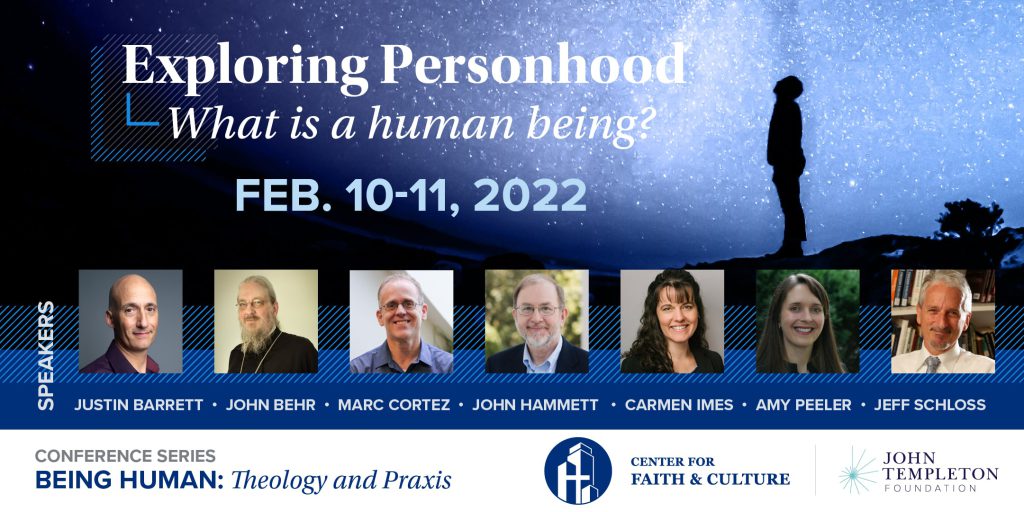Meet Jeff Schloss
Jeff Schloss is Distinguished Professor of Biology and T.B. Walker Chair of Natural & Behavioral Sciences at Westmont College, where he directs the Center for Faith, Ethics & Life Sciences and serves as Senior Scholar for the BioLogos Foundation. Jeff Wheaton College and doctoral work in ecology/evolutionary biology at Washington University, has taught at the University of Michigan and Wheaton College, and has been a Crosson Fellow at Notre Dame’s Center for Philosophy of Religion, a Plumer Fellow at St. Anne’s College Oxford, and a Witherspoon Fellow in Theology & Science at Center of Theological Inquiry. Jeff’s academic work involves evolutionary and neurohormonal accounts of altruism, moral cognition, and religious faith & practice, and the philosophical and theological implications of evolutionary theory. Collaborative volumes include The Believing Primate: Scientific, Philosophical and Theological Perspectives on the Origin of Religion, OUP; Evolution and Ethics: Human Morality in Biological & Religious Perspective, Eerdmans; Altruism and Altruistic Love: Science, Philosophy, and Religion in Dialogue, Oxford.
Lecture Topic
“Spectacular Outliers?”: Bioscience, Human Exceptionalism, and the Telos of Love
For much of the past Century, findings in the biosciences have been construed as being inconsonant with human exceptionalism and therefore, as a leading journal put it: “the idea that man was created in the image of God can surely be put aside.” More recently however, evolutionary theory itself has illuminated how humans may be viewed as unique in four related ways. First, the scale of cooperation with and sacrifice for others represents a “huge anomaly.” Second, this involves a “major evolutionary transition” that in one sense entails a difference in kind and not just in degree, but also reflects a thematically consistent, directional series of transitions. Third, it is underwritten by specific, identifiable capacities that are clearly biologically embodied, yet also are themselves “incommensurable with other species.” And fourth, the difference both reflects and is enabled by capacities – including religion – that enable us to “transcend our biological imperatives.” This talk will describe the status of these propositions in current scientific literature, reflect on their striking consonance with traditional Christian views of human exceptionalism and moral telos, and also consider the risks – to science, to theology, and to Christian witness – of cherry-picking science to fit theological precommitments.






No comments have been added.